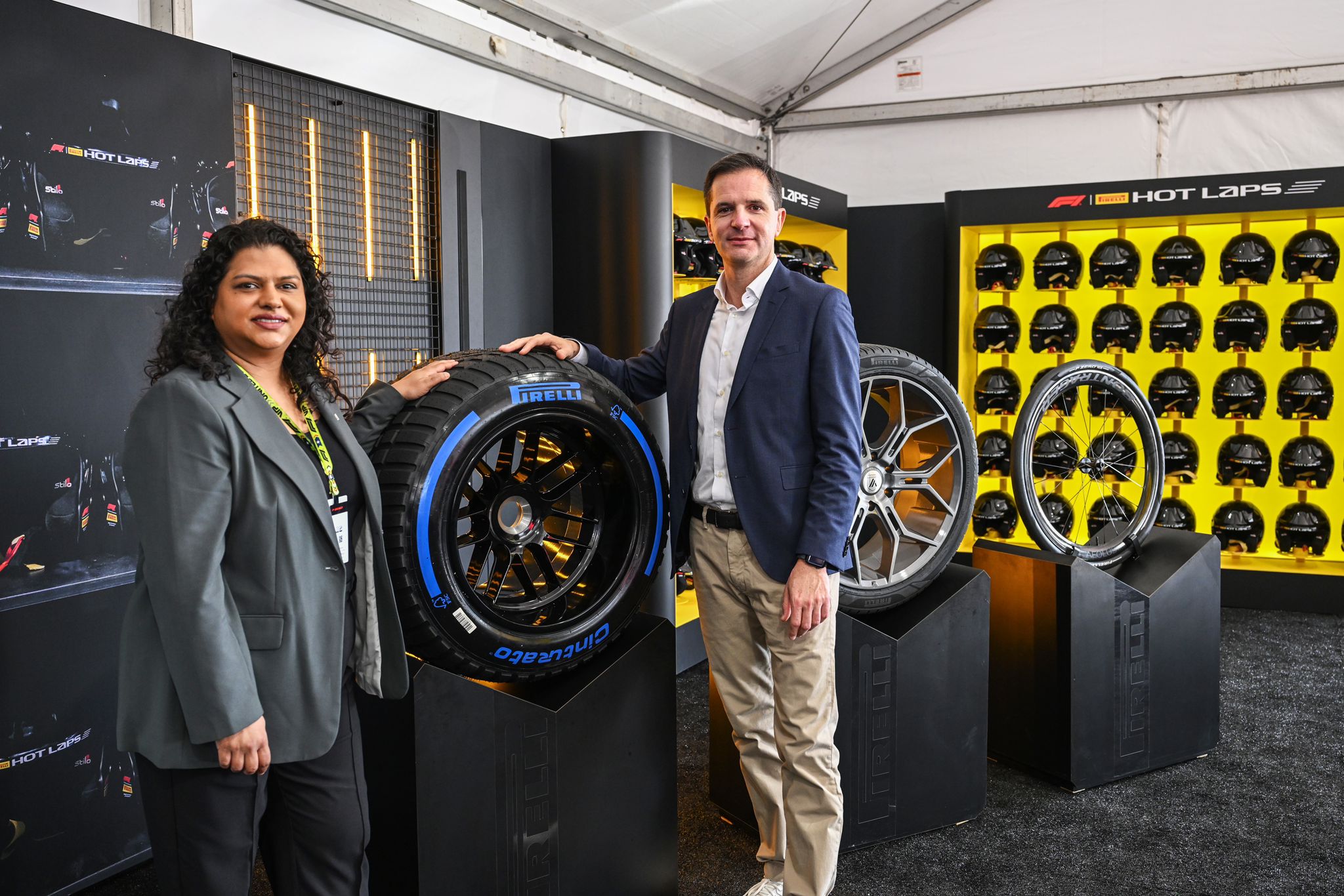At the recent Formula 1 event in Austin, Monika Patel, Deputy President of FSC Canada, proudly represented the Forest Stewardship Council (FSC) alongside Pirelli North America’s CEO, Claudio Zanardo, and Samuele Bressan, Head of Global Marketing for Pirelli’s Cycling Division. The event provided an invaluable opportunity to spotlight the crucial role that sustainable, FSC-certified rubber plays in both automotive and cycling sectors.
Elevating FSC’s Impact with Pirelli
FSC has long been at the forefront of promoting sustainable supply chains, and its presence at the Formula 1 event underscored its growing impact on the tire industry. Earlier this year, Pirelli announced its commitment to exclusively source FSC-certified rubber for all of its European tire factories by 2026. This strategic move aligns with Pirelli’s broader sustainability goals and supports the EU Deforestation Regulation (EUDR), ensuring that their tire production contributes to reducing deforestation while promoting responsible rubber sourcing.
Monika Patel’s presence at the F1 event underscored FSC's expanding influence in diverse markets and emphasized the critical role of forest certification in combating deforestation and promoting responsible supply chains. Her participation aimed to demonstrate that sustainability and performance can go hand-in-hand, capturing the attention of automotive and cycling media outlets present at the event. Publications such as Velo, Bicycling, The Ride, Escape Collective, Gear Junkie, CleanTechnica, and Digital Trends engaged in dialogue about the real-world impact of certified products across the automotive and cycling sectors.

What’s Next for Pirelli’s sustainability journey?
As part of this commitment, Pirelli has already expanded its lineup of FSC-certified tires, including a newly launched road cycling tire and a set of tires for the electric Range Rover, which will be released in 2025. The company’s 2026 commitment and its product expansion is helping to expand the certified area in countries where FSC-certified rubber plantations already exist, such as Thailand and Indonesia, and will likely help expand FSC certified rubber sources into new countries, such as Brazil and Ivory Coast.

